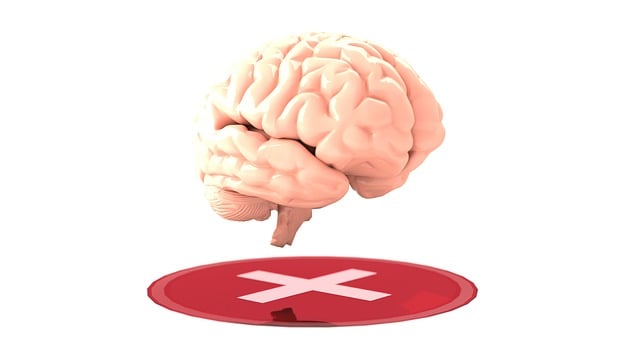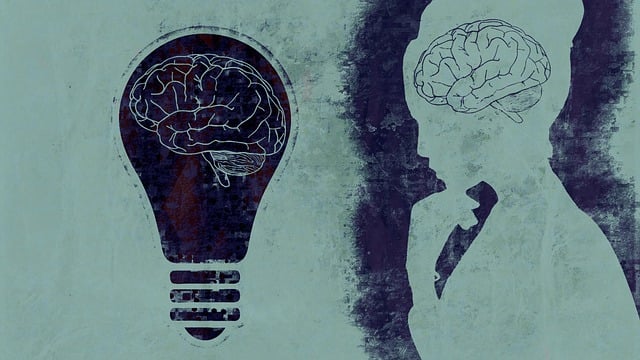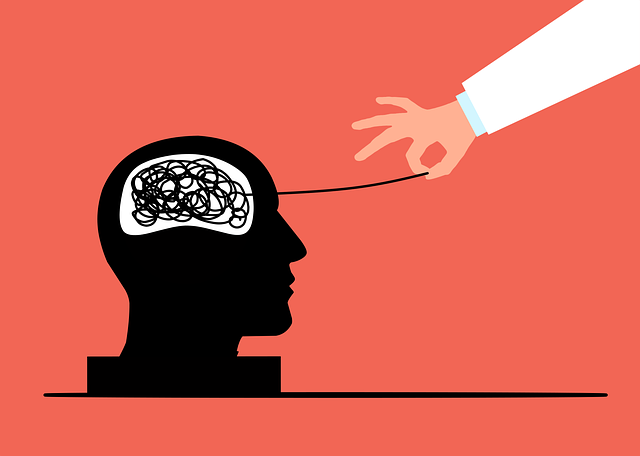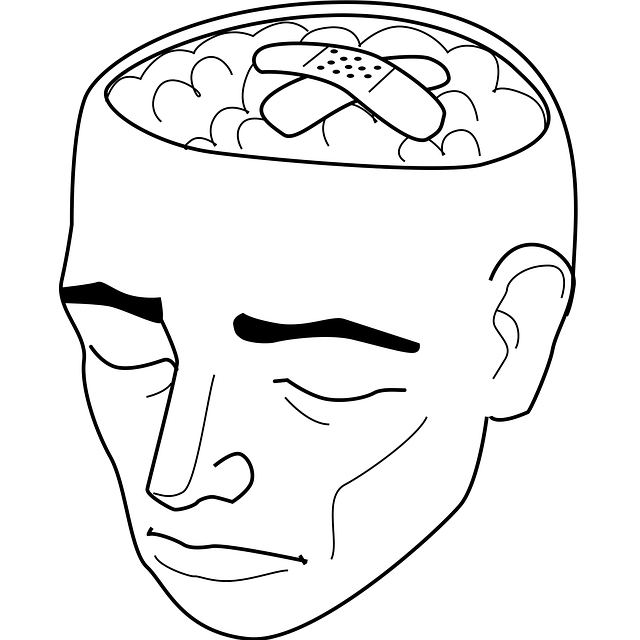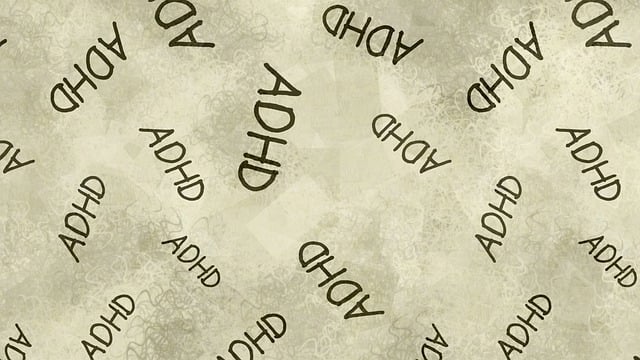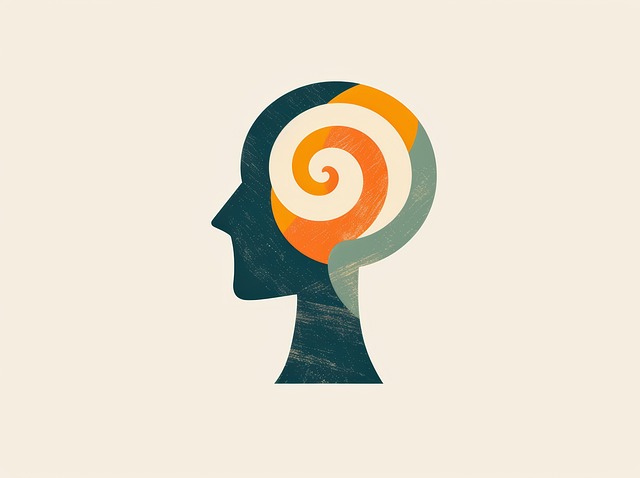Risk assessment is crucial for therapy for elders trauma, focusing on cognitive decline, physical health, and social isolation. Mental health professionals must employ culturally sensitive techniques, validated tools tailored to geriatrics, and trauma-informed care to address past experiences like loss or institutionalization. Open conversations, sensory-based interventions, and self-awareness exercises empower elderly clients to manage traumatic memories. A structured approach exploring individual histories, crisis intervention guidance, and preventive measures enhance therapy delivery for elder trauma survivors. Cultural competency training and adaptive practices create safe spaces fostering resilience and emotional healing.
In the realm of mental health care, risk assessment is a vital tool, especially when working with elderly clients. This article delves into the critical aspects of risk evaluation for mental health professionals catering to elders, focusing on trauma-informed practices. We explore strategies to identify and mitigate trauma risks, conduct comprehensive assessments, and enhance safety nets in therapy settings. By understanding the unique challenges of elderly clients with trauma histories, therapists can foster a supportive environment, ultimately revolutionizing care for this vulnerable population.
- Understanding Risk Assessment in Mental Health Care for Elders
- Identifying and Mitigating Trauma Risks in Elderly Therapy Clients
- Best Practices for Conducting Comprehensive Risk Evaluations
- Strategies to Enhance Safety and Support in Therapy Settings for Elders with Trauma History
Understanding Risk Assessment in Mental Health Care for Elders

Risk assessment is a critical component of mental health care for elders, as it helps to identify and mitigate potential hazards that can negatively impact their emotional well-being. In this context, understanding the unique challenges faced by elderly individuals—such as cognitive decline, physical health issues, and social isolation—is essential. Mental health professionals must employ specialized techniques to assess these risks, including the use of validated tools tailored for geriatric populations.
One key aspect is recognizing that therapy for elders trauma can be more complex due to age-related changes in brain function and life experiences. Therefore, resilience building becomes a central focus in risk assessment. By incorporating emotional well-being promotion techniques that cater to cultural sensitivity in mental healthcare practice, professionals can create safe spaces that foster healing and support elders in navigating their psychological challenges effectively.
Identifying and Mitigating Trauma Risks in Elderly Therapy Clients

Identifying potential trauma risks among elderly therapy clients is a critical aspect of risk assessment for mental health professionals. This demographic often carries the burden of past traumatic experiences, which can include interpersonal losses, neglect, or even institutionalization. As therapists, recognizing and acknowledging these hidden wounds are essential steps in fostering trust and establishing a safe therapeutic environment. Early identification allows for tailored interventions and mitigates potential triggers that could escalate into adverse reactions during therapy sessions.
To effectively manage trauma risks, mental health professionals should incorporate strategies such as trauma-informed care principles, adaptive coping techniques, and sensory-based interventions. Encouraging open conversations about past experiences, while respecting the client’s pace, can help in processing and healing. Additionally, integrating components from the Mental Wellness Podcast Series Production or organizing Stress Management Workshops Organization can empower elderly clients with tools to manage traumatic memories and maintain mental wellness. These approaches contribute to a holistic understanding of the client’s needs, ensuring their well-being throughout the therapy journey.
Best Practices for Conducting Comprehensive Risk Evaluations

When conducting comprehensive risk evaluations for mental health professionals working with elders, a structured and holistic approach is paramount. Best practices involve integrating diverse assessment tools tailored to identify potential risks specific to this demographic. This includes delving into the individual’s history, focusing on past traumas, current stressors, and any signs of decline in cognitive or emotional well-being. Therapists should employ crisis intervention guidance techniques during these evaluations to ensure they can swiftly recognize and manage acute situations.
Promoting self-awareness exercises and social skills training among the elderly population is another strategic preventive measure. By encouraging open discussions about emotions and past experiences, therapists foster a sense of safety and trust. Moreover, social skills training helps older adults navigate interpersonal challenges, reducing potential sources of distress and enhancing their overall resilience. Such proactive measures contribute to a comprehensive risk assessment strategy, ultimately supporting the delivery of effective therapy for elders trauma.
Strategies to Enhance Safety and Support in Therapy Settings for Elders with Trauma History

Creating safe and supportive environments is paramount when providing therapy for elders with a history of trauma. This involves implementing strategies that foster a sense of security, trust, and comfort within the therapeutic setting. One effective approach is to integrate cultural competency training for healthcare providers, ensuring they understand the unique experiences and needs of elderly clients from diverse backgrounds. By incorporating this training, therapists can adapt their practices to respect and honor individual cultural beliefs, thereby enhancing the overall emotional healing processes.
Additionally, regular Self-Awareness Exercises for both therapists and clients can significantly contribute to a trauma-informed care environment. These exercises encourage individuals to reflect on their emotions, triggers, and responses, fostering personal growth and improved coping mechanisms. Through such practices, therapy sessions become more effective in addressing past traumas while promoting resilience and healing among elders who have experienced distressing events.
Mental health professionals play a pivotal role in ensuring the safety and well-being of elderly clients, especially those with a history of trauma. By understanding risk assessment principles, identifying potential dangers, and implementing best practices, therapists can create a secure environment. The strategies outlined in this article, focusing on comprehensive evaluations and enhanced support systems, are essential tools to navigate the complexities of trauma in therapy. Incorporating these methods will ultimately improve outcomes for elderly individuals seeking therapy for trauma-related issues.


